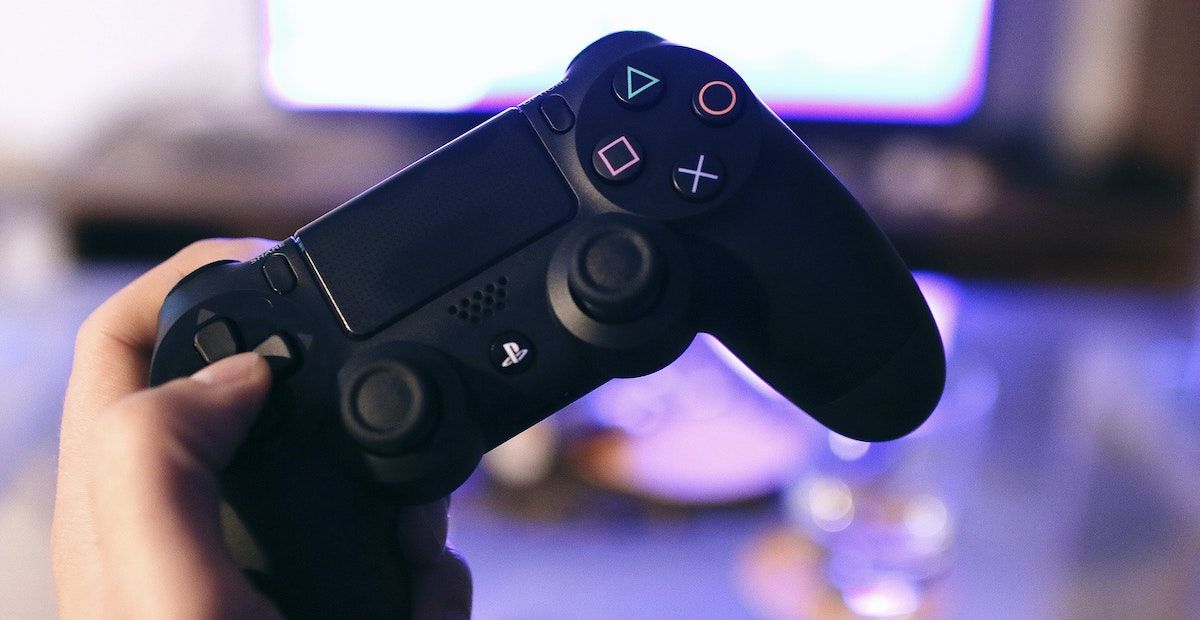When you think of video game culture and the people that helped form it, there's a handful of stereotypes that may come to mind. Perhaps energy drinks, cheese puffs, furniture featuring neon-colored LED lights...
Most of those stereotypes are harmless (in fact, poking fun at them can make for some really hilarious memes), but there is one thing that we know the gaming community for that does much more harm than help.
Let's look at what gatekeeping in gaming is.
What Is Gatekeeping in Gaming?
The word gatekeeping refers to the act of controlling or limiting general access or rights to something. Just about every community sees some type of gatekeeping, though it feels like it plagues video games and their players in a uniquely destructive way.
Gatekeeping sometimes occurs within game-specific fandoms or fanbases, but it's seen most commonly in a broader sense. For instance, regarding the gamer label and within discussions as to what video games qualify as real video games.
What Does It Mean to Be a "Real" Gamer, or to Play "Real" Games?
Logic (and general understanding of the English language) would dictate that, in the same way a baker is someone who bakes and a carpenter is someone who does carpentry, a gamer must be someone who simply plays games, right?
We believe that's what the word should mean, but unfortunately, some folks in the gaming community believe there's a bit more criteria than that. Maybe you've once heard someone claim you're not a "real" gamer because of one or more of the following reasons:
- you play only/mostly casual or simple games
- you haven't played enough games of a particular genre
- you haven't played enough games in general
- you need to play games competitively
- you need to play on specific consoles or devices
- you need to have an in-game high level or ranking
- you need to dedicate more hours to playing games
Those are only a few examples, too. Gatekeeping the gamer label isn't new behavior.
Heck, it almost seems normal right now to shame someone for their gaming preferences, especially if they aren't the type to compete with other players or play certain genres. Action games, role-playing games (RPGs), and massively multiplayer online (MMO) games seem widely respected. Puzzles, sports, and party games... not so much.
Why Do Gamers Gatekeep Video Games?
As previously established, there are several different forms of gatekeeping in the gaming community. This means that there's also quite a few possible reasons why someone would want to do it in the first place.
1. To Eliminate Competition
Skill is definitely what's needed most to climb to the top of competitive gaming. However, your emotional and mental states are also of utmost importance. That's why some folks have the bright idea to try to upset you somehow to throw you off your game. Especially if they knew they can't beat you when you're feeling good and thinking straight.
2. To Attempt to Flaunt Exclusivity or Superiority
Someone who thinks that being a gamer takes more than being someone that plays games might also think that calling yourself one indicates some higher level of importance or status.
3. To Preserve Their Safe Space
Before the gaming industry blew up as big as it is today, it wasn't unusual to see a kid get made fun of for playing video games. Gatekeeping gamers may feel protective as to who they want to "let" inside the gaming community because of that fact.
How Gatekeeping Can Ruin the Fun of Video Games
The reason you play video games might differ from the reason your friend does, but it's clear that the medium appeals to millions of people around the globe. Whether you pick up a controller to have fun, ease stress, or indulge in a story, video games arguably have at least a little something for everyone.
But that can be difficult to find... especially if others are pushing you out of the community, saying that you don't belong, and/or trying to convince you that your experiences aren't as valid or valuable as theirs.
Video games are a fantastic way to bring people together, and gatekeeping can cancel that out entirely if the person(s) on the receiving end doesn't have very thick skin. Such a shame, considering that there are many social skills you can learn from video games.
Can Gatekeeping in Gaming Be Stopped?
Gatekeeping is a tremendous problem in the world of video games. It looks like it's a solvable one, but the solution isn't quick and easy to apply. There aren't any magic words you can say to make all gatekeeping suddenly disappear from the gaming community.
That said, if each and every person in the community actively chooses not to judge their fellow gamers—regardless of what they play and how they choose to play it—we'll be taking steps in the right direction.



